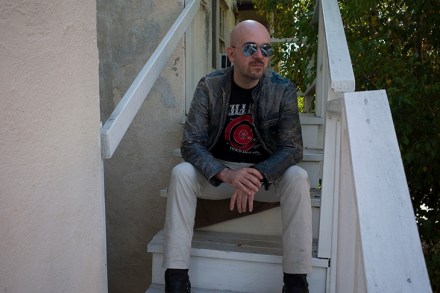Darkness visible | 9 May 2019
With his first novel about looking after an engineered wood floor, and a second novel about what it is like to stay in a chain hotel, Will Wiles seems determined to corner the market in unpromising literary subjects. His latest novel, Plume, is about a chap who lives in a rented flat in London and who works in an office. Hooray! — the sainted few who are already Wiles fans will learn this with their hearts pumping with anticipatory happiness. Mine certainly did. A quick summary is appropriate, as Wiles’s novels remain, for now, under-regarded. Care of Wooden Floors (2012) was exactly what it said on the tin. The narrator




















